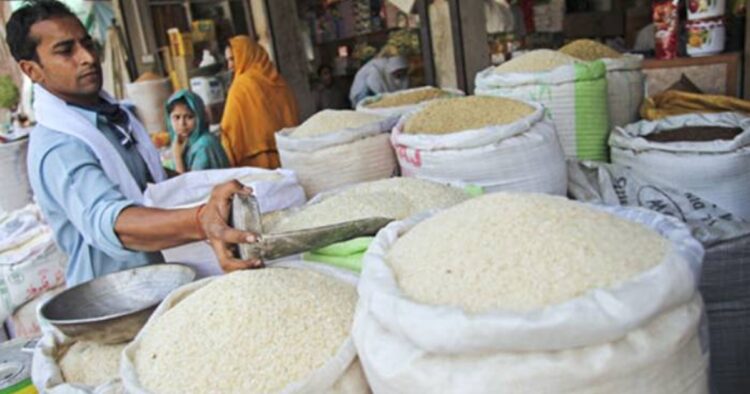Russia has issued a stern warning to Pakistan regarding its rice imports, threatening to ban them once again if concerns over phytosanitary standards are not addressed.
The warning follows the detection of a quarantine organism, “Megaselia scalaris (Loew),” in a recent rice consignment from Pakistan. The Federal Service for Veterinary and Phytosanitary Surveillance (FSVPS) of Russia highlighted this violation of international and Russian phytosanitary requirements in a notification dated April 2.
Pakistan’s trade representative in Russia has been urged to launch an immediate investigation into the matter. The Russian authorities have communicated with the Pakistan embassy, stressing the need to prevent such violations and ensure that all rice exporters from Pakistan adhere to phytosanitary standards to guarantee the safety of agricultural products exchanged between the two countries.
The trade wing of the Pakistani embassy in Moscow has forwarded the Russian authority’s letter to the Department of Plant Protection (DPP) in the Ministry of Food Security and other relevant government offices.
They have also cautioned about a potential ban on rice exports if further complaints are received from Russian authorities. This isn’t the first time such a ban has been threatened; Russia had previously halted rice imports from Pakistan in 2019 and in December 2006 due to health safety concerns.
Chela Ram Kewlani, Chairman of the Pakistan Rice Exporters Association, emphasized the necessity for Pakistani rice exporters to exercise utmost care in selecting and packaging rice for export. He noted that Pakistan had benefitted from India’s ban on non-Basmati rice exports last year, which led to an increase in Pakistan’s share of globally traded rice.
In December 2023 alone, Pakistan exported approx 700,000 tonnes of rice, marking the highest monthly export for the fiscal year. This surge in exports was attributed to increased production, rising demand, and elevated global prices.
The Rice Export Corporation is optimistic, projecting a 60% increase in Basmati rice exports to over a million tonnes and a 36% increase in non-Basmati rice exports to 4.25 million tonnes from Pakistan.
Looking ahead, the Rice Export Corporation aims to surpass five million metric tonnes of total rice exports in the fiscal year 2023/2024, significantly exceeding the previous year’s exports of 3.7 million tonnes. However, achieving this goal hinges on addressing concerns raised by importing countries like Russia regarding phytosanitary standards.

















Comments